
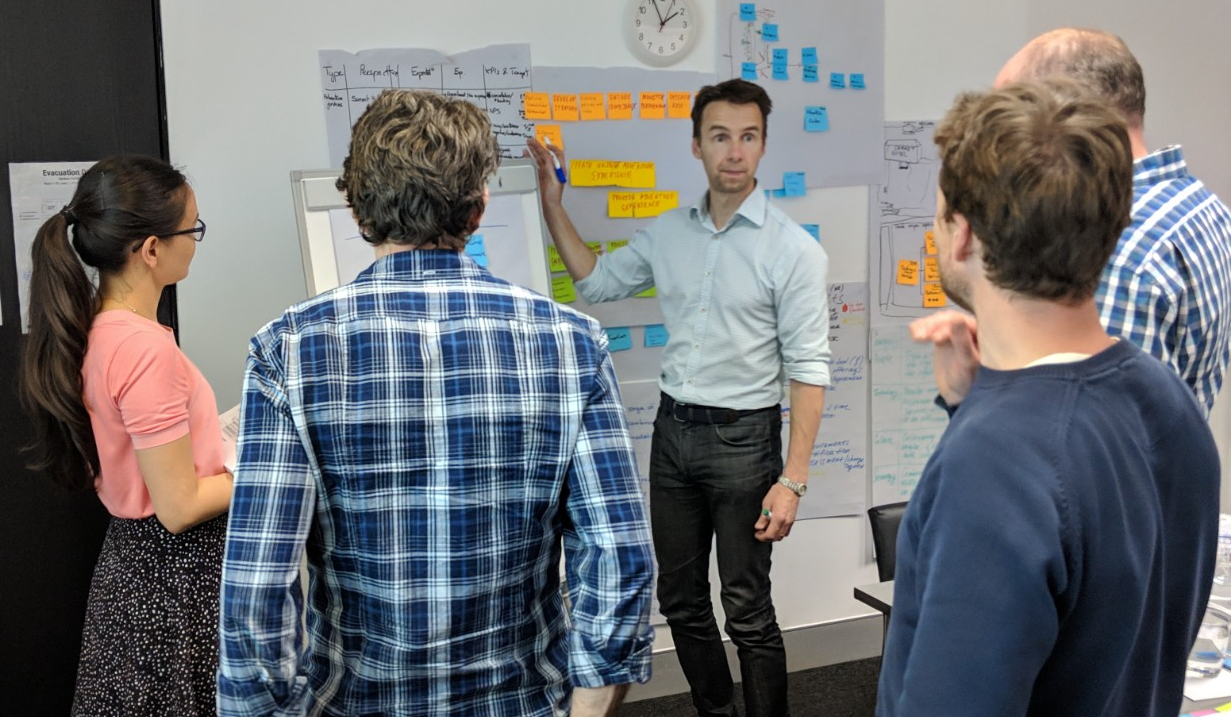
Organizations today are concerned with three main issues:
To operate at your best every day, it is imperative that any adjustments in demand, supply, required work, resource capacity and peoples’ competencies can be handled easily. The business has to execute its operating model and adapt it easily. Business Architects, who are charged with changing this model, must know how work is done before reconfiguring it. Clarity on business strategic intent, business capabilities, end to end business processes, the information tracing across the business, technology resources, and human competencies is essential to make required changes without risk in the change itself. Business Architects have to be knowledgeable on how all these work together to best serve the day to day stakeholders for whom our value streams are supposed to deliver value.
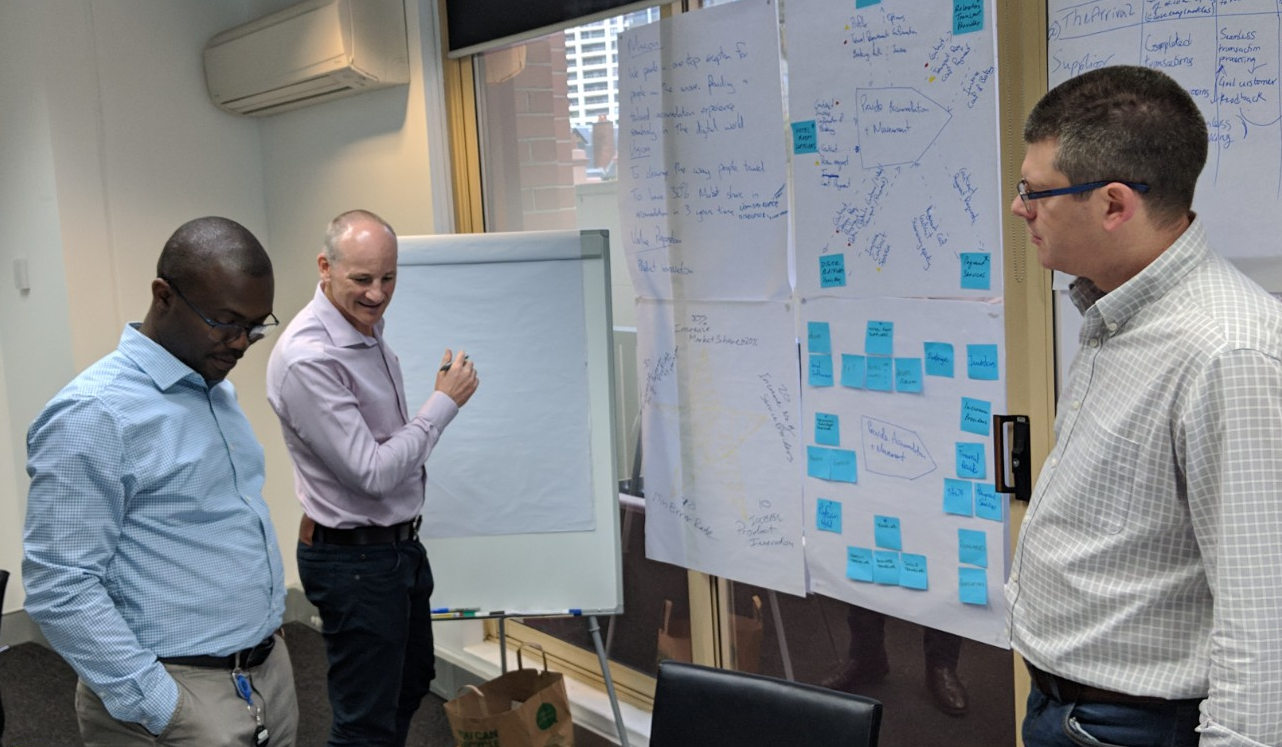
This highly participative workshop will delve into all aspects of Business Architecture from top to bottom and side to side - and includes a free half-day consulting workshop with one of Leonardo's experienced Business Architects (details below).
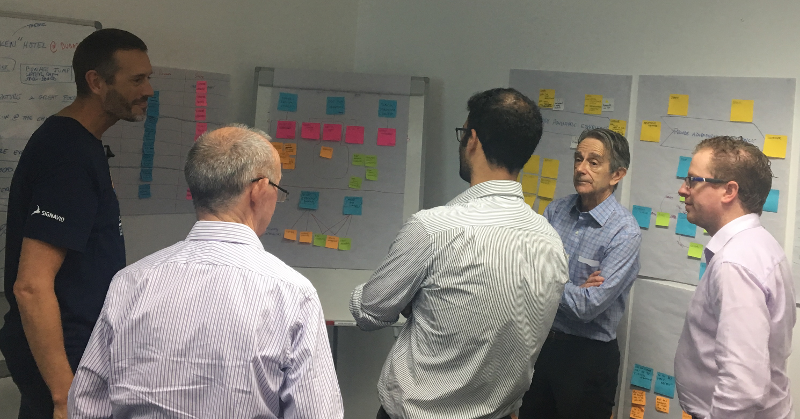
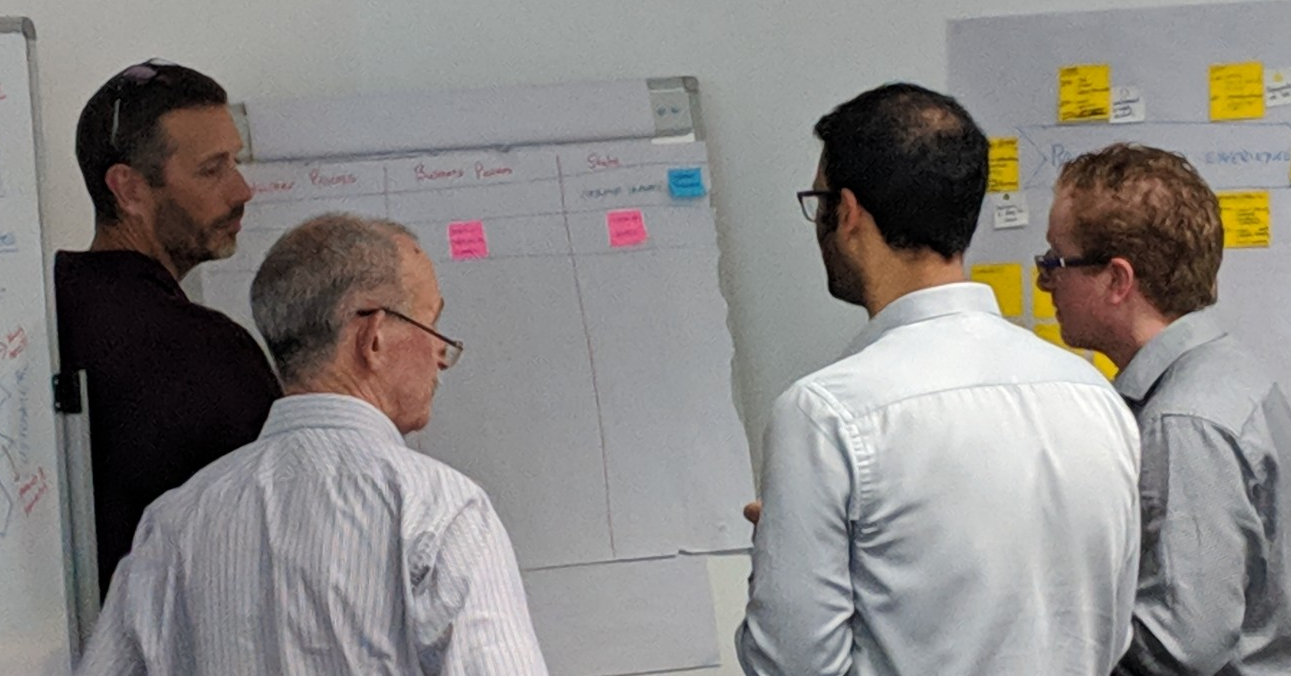
This class will be of benefit to professionals and managers of all types involved with planning and designing organizational change and building business capability to adapt and innovate continuously
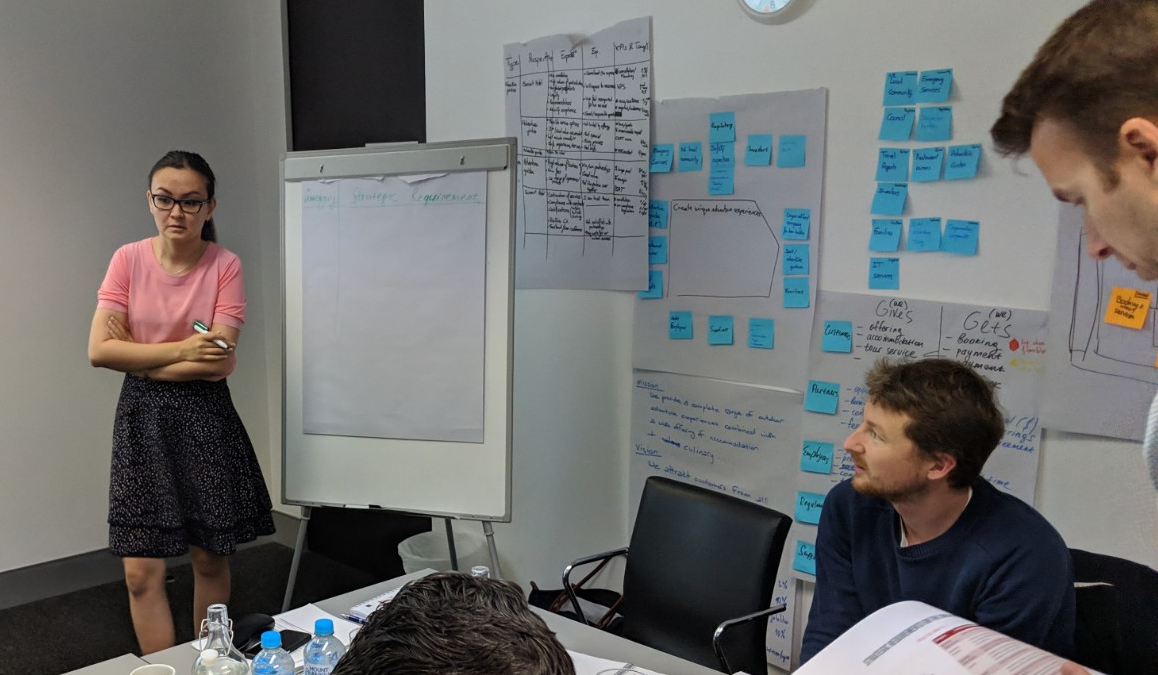
The Business Architecture training includes a free half-day consulting workshop with one of Leonardo's experienced Business Architects. During this workshop, Leonardo will work with you on tailoring the training knowledge to your specific needs and defining a clear way forward, so you can quickly improve your maturity and get buy-in for business architecture at your organisation.
Quick change means that Business Architects must know the interconnections among business elements so that when the business model is being renewed they can describe what’s needed and design with deliberate integrity, reuse and inherent agility in mind. To be clear, ‘Agile' software development will not solve this problem due to immense complexity in issues other than software. Fast software development without an architectural underpinning can easily impair ease of change later. A solid business architecture that assures the avoidance of redundancy, maximizes the sharing of capabilities and makes best use of supporting resources, is essential. With a sound architectural foundation, business-wide transformation, digitalization and continuous optimization can be accomplished and change efforts can progress smoothly.
The ultimate benefit of a good Business Architecture will be in Business Agility. This requires designing the right business solutions that provide the greatest return on investment to the business, avoiding duplication of function and effort and developing capabilities once for multiple uses across the processes of the organization. Without a solid Business Architecture there will certainly be sub-optimization, redundancy and inconsistency across business operations with increasing difficulty to change fast later on. Architects must define the multiple elements of the business and how they interact so any impact of proposed business changes can be determined rapidly and changes made with the surety they will work immediately without unintended consequences. That means that defining and interconnecting strategy, policy, information, processes, capabilities, technical and human resources and other elements is essential. A well-formed Business Architecture can help untangle the confusion and deliver inherently adaptable solutions.
1. Why Business Architecture?
2. Business Architecture and Related Disciplines
3. Value Chain Identification and Architecture Scoping
4. Business Strategy Understanding
5. Framing the Strategy for Business Architecture Consumption
6. Business Concept Model: The Basis for Information, Capability and Process Architecture Models
7. Business Capabilities
8. Business Value Process Architecture: Value Streams and an End-to-End view
9. Alignment to Decisions, Knowledge, Policies and Rules
Workshop: Articulating your critical Decisions and Business Rules?
10. Business Performance Models
Workshop: What is your Performance Scorecard?
11. Alignment of Business Architecture with IT Enablement
12. Alignment with Human Capabilities and Enablement
13. Prioritization of Change
14. Leveraging the Architecture into a Business Change Portfolio
15. Sustaining the Architecture through Governance
Summary
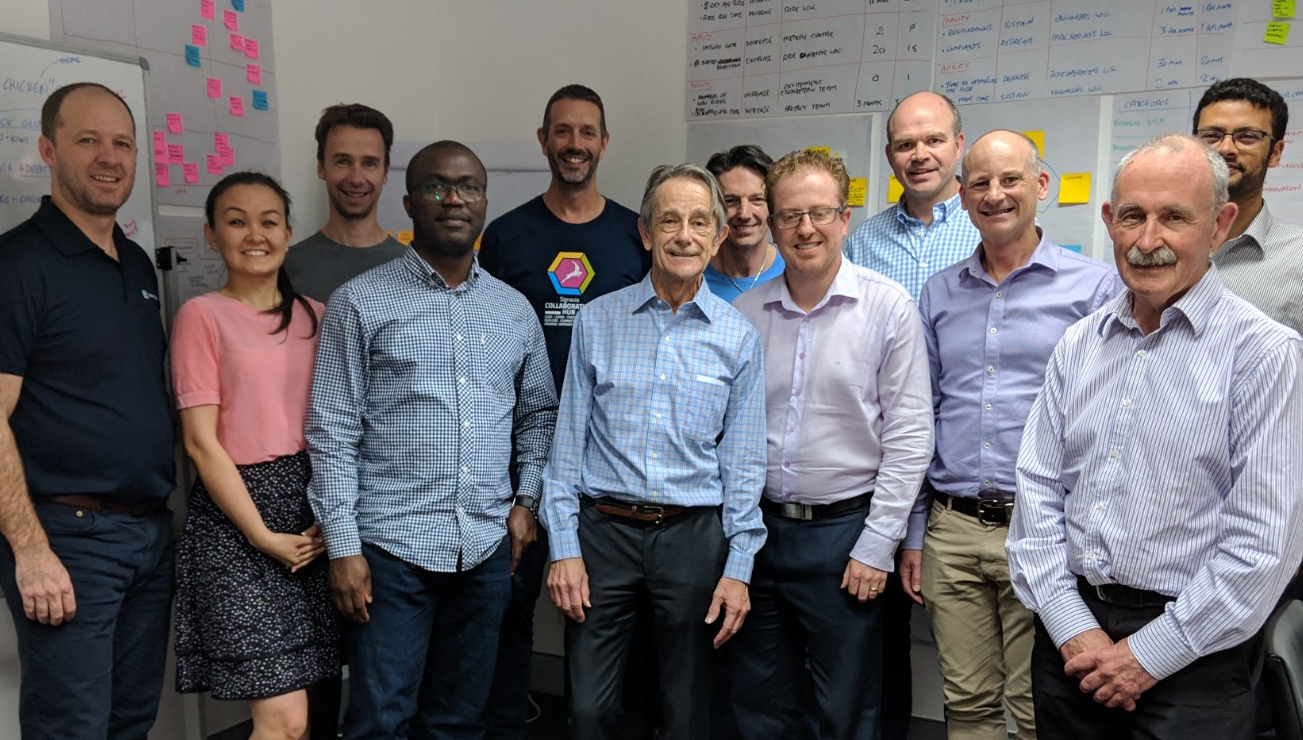
"Well structured, useful and practical exercises to reinforce, extremely well-thought through & tested BPA principles & practices."
"Thoughtful use cases. Excellent course handouts that I will use at our business - colour & clarity is fantastic."
"Awesome, excellent, brilliant ! Provided lots of industry insights. Easy to understand & has a practical approach."
"This course is well worth time & cost investment. Content & knowledge gained from this course will definately be used in future projects."

Duration:
3 days
Prerequisites:
None
Fees:
Earlybird - $2680 inc 10% GST
Full - $3190 inc 10% GST
Location & dates:
Thanks to all those who came to sessions in Sydney, Melbourne and Brisbane in 2019. Register Interest for future sessions in 2020 for Brisbane, Sydney and Melbourne.

Roger is considered a global innovator in methods for Business Process and is recognized internationally for his thought leadership in Business Process Management. Roger has developed and chaired several high profile conferences on Advanced Business and Information Management and Business Process Management, globally.
He currently chairs the annual BPM Forum at the Building Business Capability Conference in the US and the IRM UK BPM Conference in Europe and his pragmatic BPM global seminar series, started in 1991, is the longest continuous running BPM seminar in the world.
Roger is the author of the best selling book, Business Process Management: Profiting from Process and the Business Process Manifesto. He is widely recognized for his thought leadership in business process strategy, business architecture, process analysis and design and process management, measurement and governance.
Roger graduated with a B.A.Sc. in Industrial Engineering from the University of Toronto and is a certified Professional Engineer in the Province of Ontario.
Leonardo drives continuous process improvement through technology and has worked with many leading enterprises in APAC to enhance the performance of their business processes through architecture and automation as well as integrating their applications, platforms and data to enable disruptive technologies.
2022 ©Incotrade Australia Pty Ltd trading as Leonardo Consulting | All rights reserved | ACN 066 273 256. | Privacy Statement